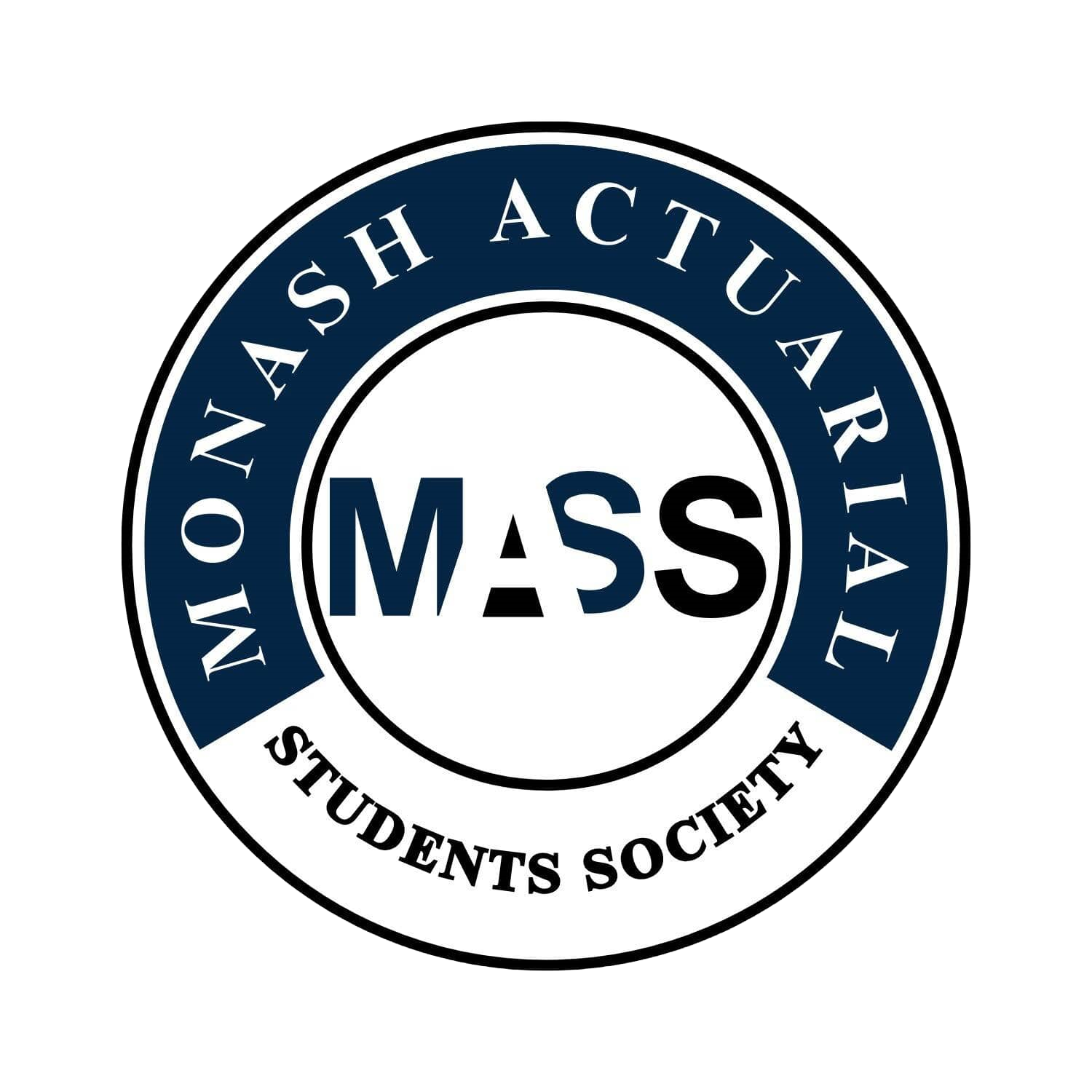ACC1100 / ACF5950 Intro to Financial Accounting (Sem 1 2021)
Difficulty:
Year Completed: Semester 1, 2021
Prerequisite: N/A
Exemption:
CB1 Business Finance
ACC1100 (50%), BFC2140(50%)
Weighted average of 70% required. Minimum of 60% required
for each unit.
Mean Setu Score: 82.2%
Clarity of Learning Outcomes: 84.4%
Clarity of Assessments: 82%
Feedback: 77.4%
Resources: 81.2%
Engagement: 83.4%
Satisfaction: 81.2%
Subject Content:
Lecture(s) and Tutorial(s):
Textbook(s):
Assessments:
This unit covered the elements of accounting (non-current assets,
liabilities, equity and income and expenses) and their role in
double entry and accrual accounting. Recording processes
covered includes balance day adjustments, financial reports,
inventory valuation, and asset valuation done in the general
ledger and general journal as well as the special journals.
1 x 2 hour lecture
1 x 1.5 hour tutorial
The textbook (Financial Accounting) was useful to refer to and
contained some questions that were completed for the tutorial.
It was well structured and contained relevant material and
references.
XERO Assignment 10%
Manual Assignment 10%
Mid Semester Test 15%
Group Report and Videos 15%
Final Exam 50%
Comments
I felt like the unit overall was really relevant to the commerce
course but was a tad dry. I did accounting in VCE (average marks)
and found there to be a fair overlap so I was already familiar with
about half the content which aided my overall competency in this
unit.
I personally did not watch the lectures at all. However, I was able
to keep up by going through the PowerPoint presentation.
The tutorials were not necessary to attend but were useful as
tutors were able to explain in detail about common errors and
could elaborate on any concepts I had trouble with.
The assessments (including the final exam) tested quite specific
parts of the content and left others out completely. The marking
was based on your initial error and the consequential marks
thereafter were given. The assignments were quite useful to
introduce students to practical accounting in the real world using
excel and xero.
Make sure you understand all the processes of the each concept
so you are able to apply them to given situations and also develop
a more complete idea of the accounting process. It is also worth
considering doing questions that require application of multiple
concepts as doing all questions may be time consuming to a point
of reduced returns.
General Overview:
Lectures:
Tutorials:
Assessments/Other Assessments
Concluding Remarks

